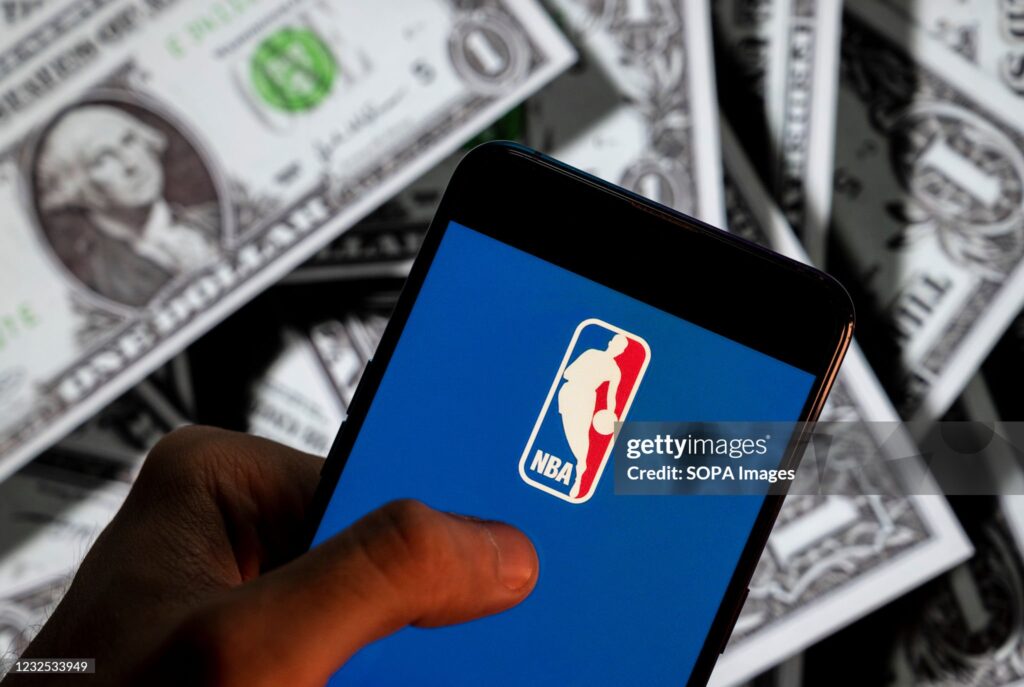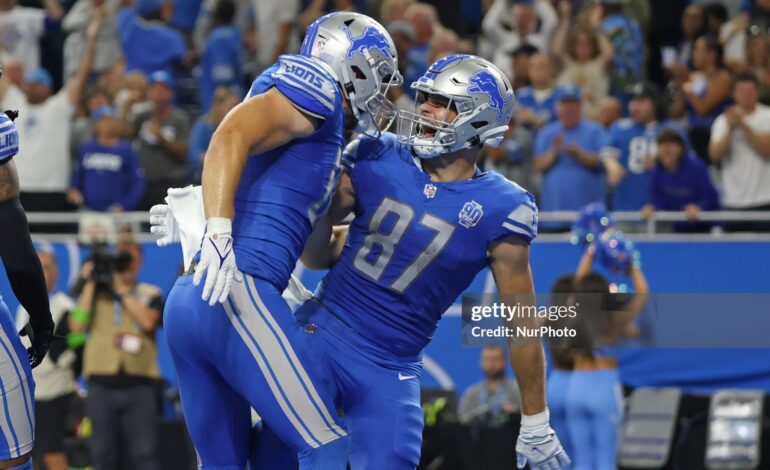The Ontario government has recently announced a ban on the use of current and former athletes to promote gambling offerings in the province. This ban will be enacted on February 28, 2024. It prohibits sportsbooks, casinos, and other gambling operators from using athlete endorsements and testimonials in their advertisements and marketing campaigns.
Gambling has become deeply entrenched in the NBA’s business model over the past decade. There is increasing legality of sports betting across North America. So, the NBA has formed direct partnerships with major betting operators such as Bet99 Sport.
These partnerships allow the use of official league data for wagering. In exchange, equity stakes and a share of gambling revenue are given back. This has resulted in significant financial gains for the league.
The NBA has also entered into individual agreements with sportsbook companies to incorporate NBA logos and branding. Once again, these partnerships generate substantial income through sponsorship fees and equity arrangements. Gambling sponsorships have played a crucial role in boosting the NBA’s financial success. They are expected to continue being an integral part of the league’s operations moving forward.
Furthermore, the legalization of gambling has contributed to increased fandom and engagement with the NBA among millions of bettors. The ability to place wagers on game outcomes has added another layer of excitement for fans. It has resulted in heightened ratings and attendance numbers. This, in turn, further enhances the NBA’s earning potential.
Effects of the Ban on the NBA’s Financial Model

Ontario’s ban represents a significant shift in the approach to gambling advertising. It carries substantial implications for the sports betting industry and professional athletes involved in brand partnerships and sponsorship deals.
Specifically, this ban raises questions about the possibility of other provinces or states implementing similar restrictions. Another question is how it may impact athlete endorsement deals and revenue streams in the future.
The ban in Ontario comes at a time of growing concern regarding the prevalence of gambling advertising during live sports events and its potential influence on problem gambling rates, particularly among younger demographics. Given that many major professional leagues are based in the United States, where sports betting advertising regulations are relatively less strict, policymakers in Ontario felt compelled to take action to mitigate risks and limit exposure.
By prohibiting athlete participation in gambling marketing and advertisements, regulators aim to reduce the perception that sports and gambling are inherently linked. Some concerns featuring star players and beloved sports icons in betting commercials normalize and glamorize gambling. This potentially leads younger fans to view it as harmless entertainment rather than a high-risk activity.
Ontario’s ban represents one of the most assertive stances against this style of gambling advertising taken by any major jurisdiction in North America to date. Most US states that have legalized sports betting have implemented few if any, mandatory restrictions on using athlete endorsements in advertisements.
With Ontario setting a precedent, other Canadian provinces and even certain US states may follow suit with similar limitations.
Potential Ripple Effect and Its Financial Implications
The financial implications of such bans could be significant for professional sports leagues, franchises, and players. In an era where revenue from legal sports betting plays a significant role in financing massive contracts and increases in salary caps, marketing partnerships with sportsbooks and casinos have become an important supplementary income stream for teams and athletes alike. For example, the NBA has multimillion-dollar deals with major operators like MGM Resorts.
If more jurisdictions prohibit active and former players from directly participating in gambling ads, a substantial portion of the endorsement money that athletes have come to rely on could be at risk. This would particularly impact retired players who heavily depend on such deals for most of their post-playing career earnings. While alternative endorsement categories do exist, it is unlikely that the compensation level would match what sports betting operators provide.
The NBA will closely monitor Ontario’s ban and the reactions of other jurisdictions. While publicly denouncing problem gambling, all major sports leagues have embraced sports betting partnerships as vital sources of revenue.
If this ban was replicated in the United States, it could have severe financial consequences for the leagues. Let’s not forget also the athletes who have benefited financially from the sports betting boom.
Ontario’s prohibition on athlete participation in gambling advertising sets an important precedent in North America. While it aims to reduce the risks associated with problem gambling, if similar bans were replicated on a broader scale, they could have significant commercial implications.
As gambling advertising regulations continue to evolve, leagues and athletes may be compelled to reassess their relationships with the sports betting industry.
Make sure to visit Belly Up Sports every week for more sports and entertainment content.
Featured Image: John Tlumacki/The Boston Globe via Getty Images






